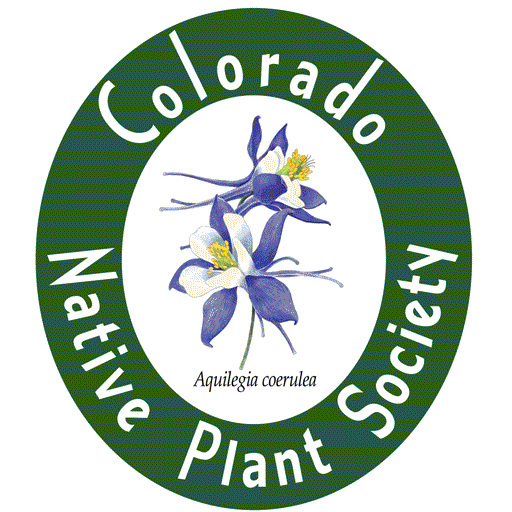A member of CoNPS has brought to the attention of the CoNPS Board and the Conservation Committee concern over a piece of legislation moving through the Colorado House of Representatives. This legislation is House Bill 15-1006, which would establish a grant program to manage invasive phreatophytes (invasive, non-native species, growing in the riparian corridors, and consuming a high amount of water), namely Russian olive and tamarisk.
Actions:
Members of the CoNPS Conservation Committee investigated this bill. We solicited feedback from the CoNPS board. Members of the board were generally in support of the bill, and no negative feedback was received. Megan Bowes, Ecologist at the City of Boulder OSMP, responded her agency has received support from this program in the past. She hoped that the bill would not mandate any specific restoration prescription, because in some cases, depending on the existing plant community, the only prescription necessary is to remove invasives and let nature take its course. Jenny Neale contacted Anna Sher, Biology Professor at the University of Denver and expert on exotic invasives and restoration. She was supportive of the bill. Mo Ewing and I also spoke with Steve Ryder, State Weed Coordinator with the Colorado Department of Agriculture, and Eric Lane, State Director of Natural Resources. Steve and Eric are also supportive of the bill, especially as amended in Committee.
They believe that the bill provides the flexibility in managing invasive removal, and would not benefit from more specific requirements. Eric stressed that each site is different, and that some sites may need active restoration with native species, but in others, where the number of invasives removed was minimal and a healthy population of native plants was present, the best response would be to just let nature take its course.
This bill will fund projects that use Best Management Practices as determined by the grant review
committee. The committee will be an inclusive body, involving multiple stakeholders, including local representatives. Steve asked if CoNPS would like to be involved in the process of project review, and we agreed that we may have members who are experts and we may be able to be involved. We asked him to keep us in mind in that process.
